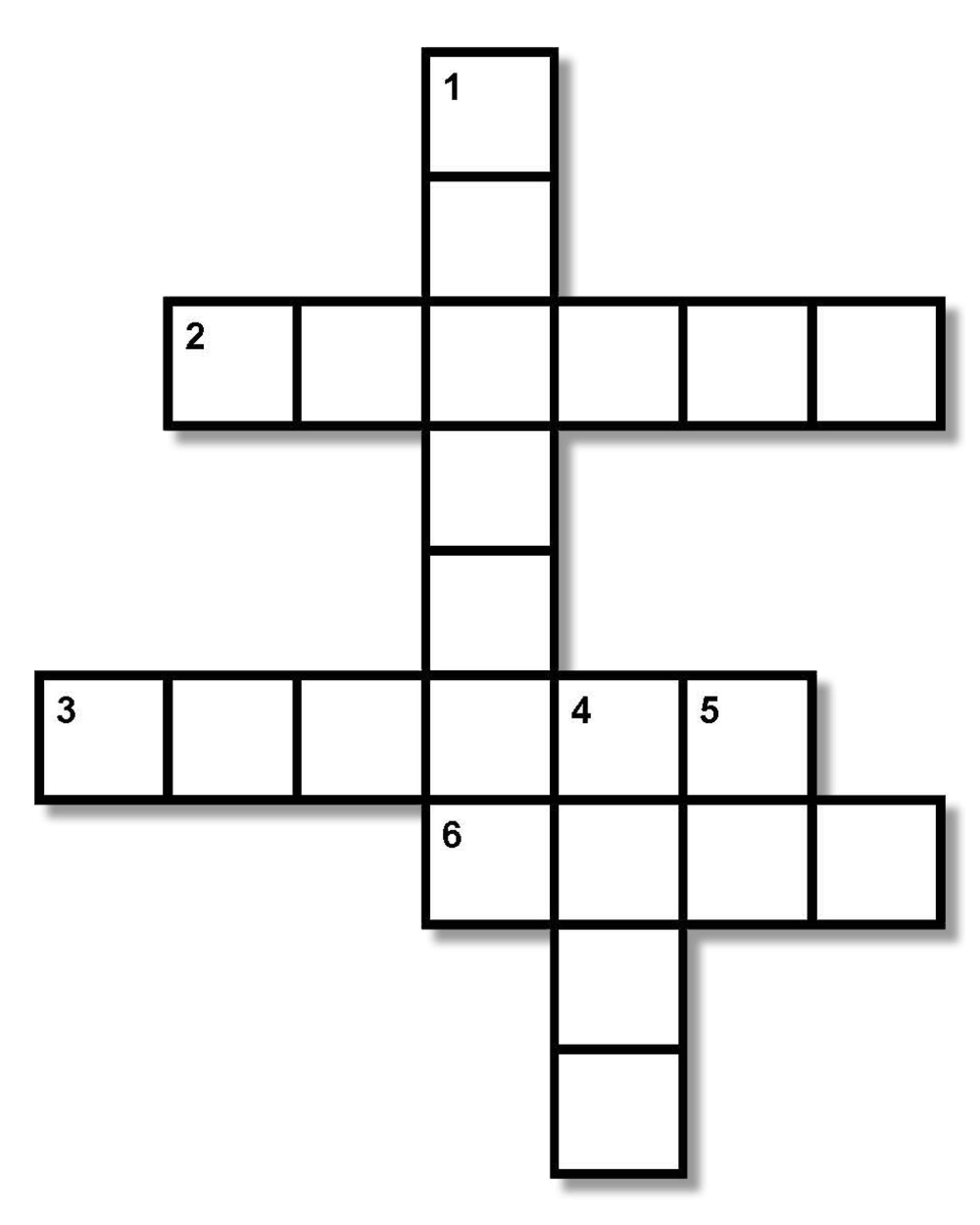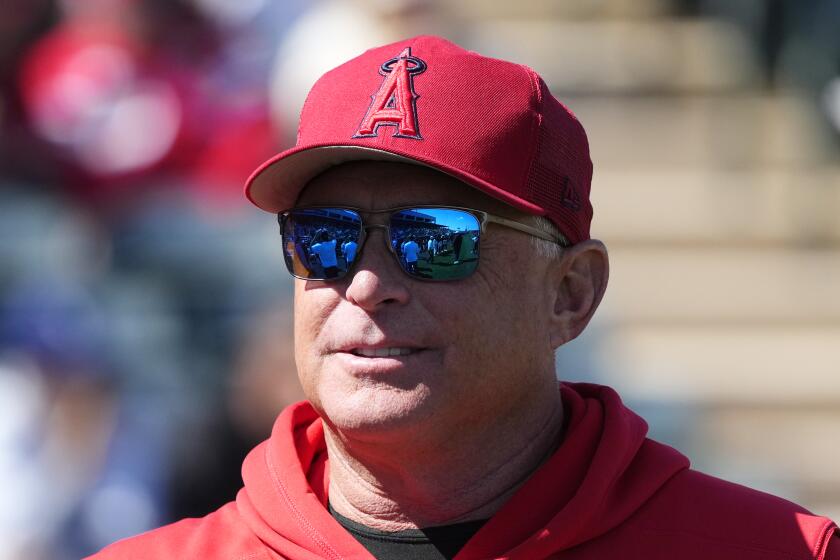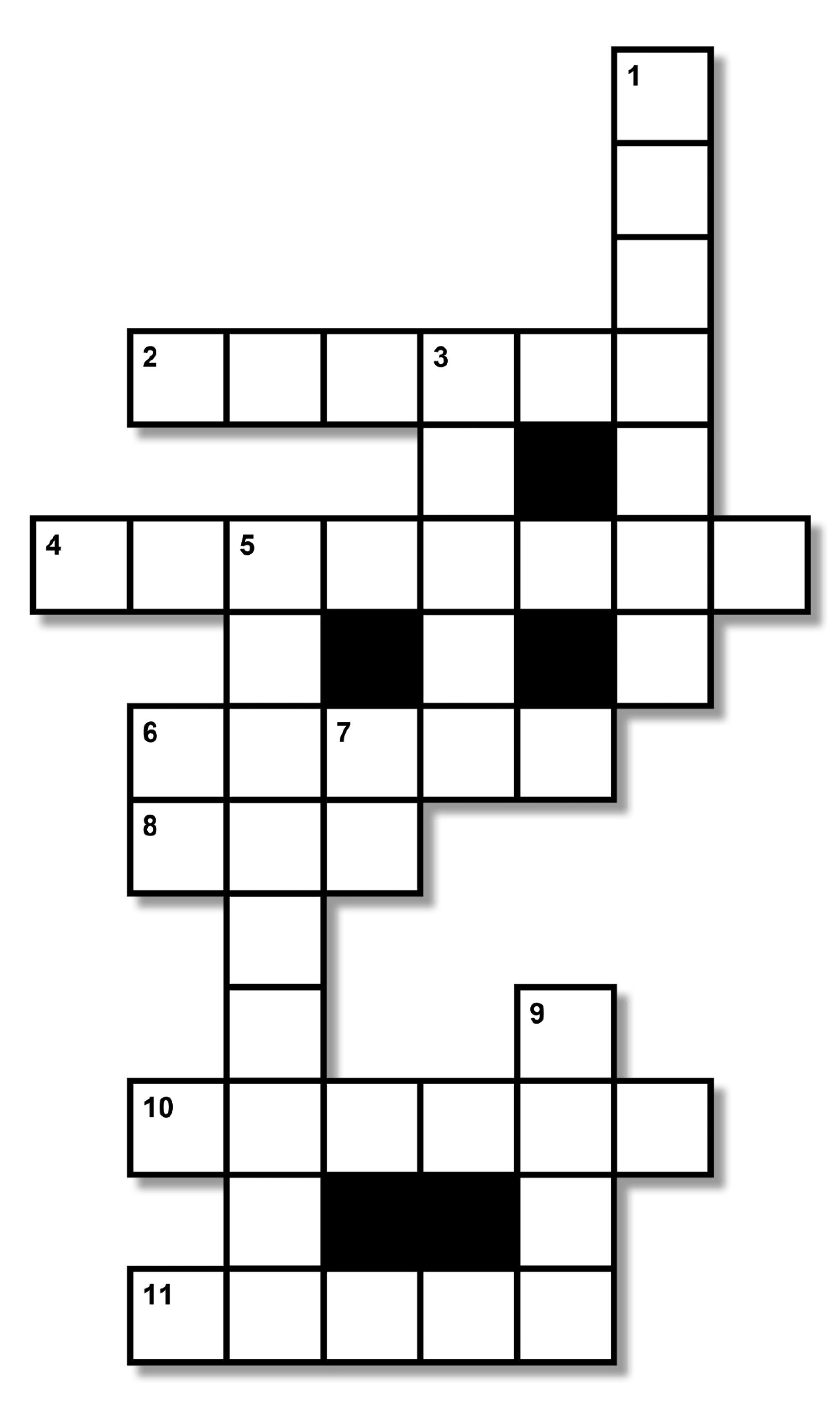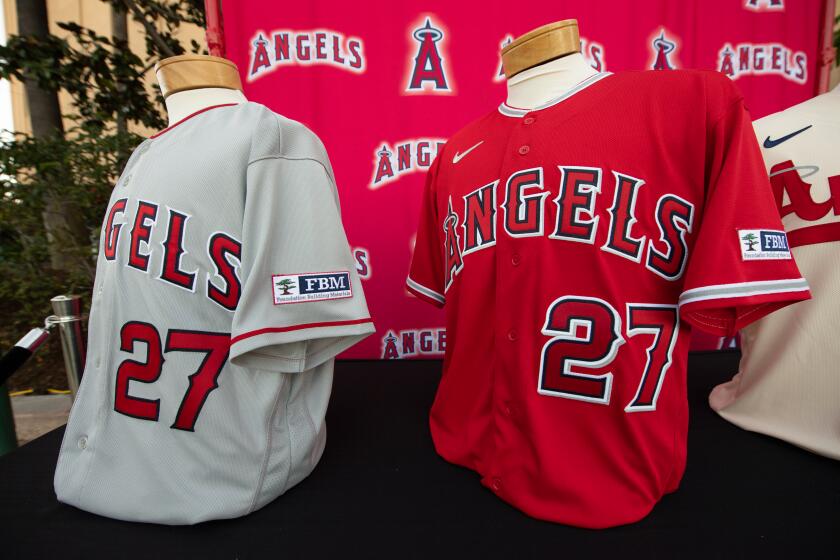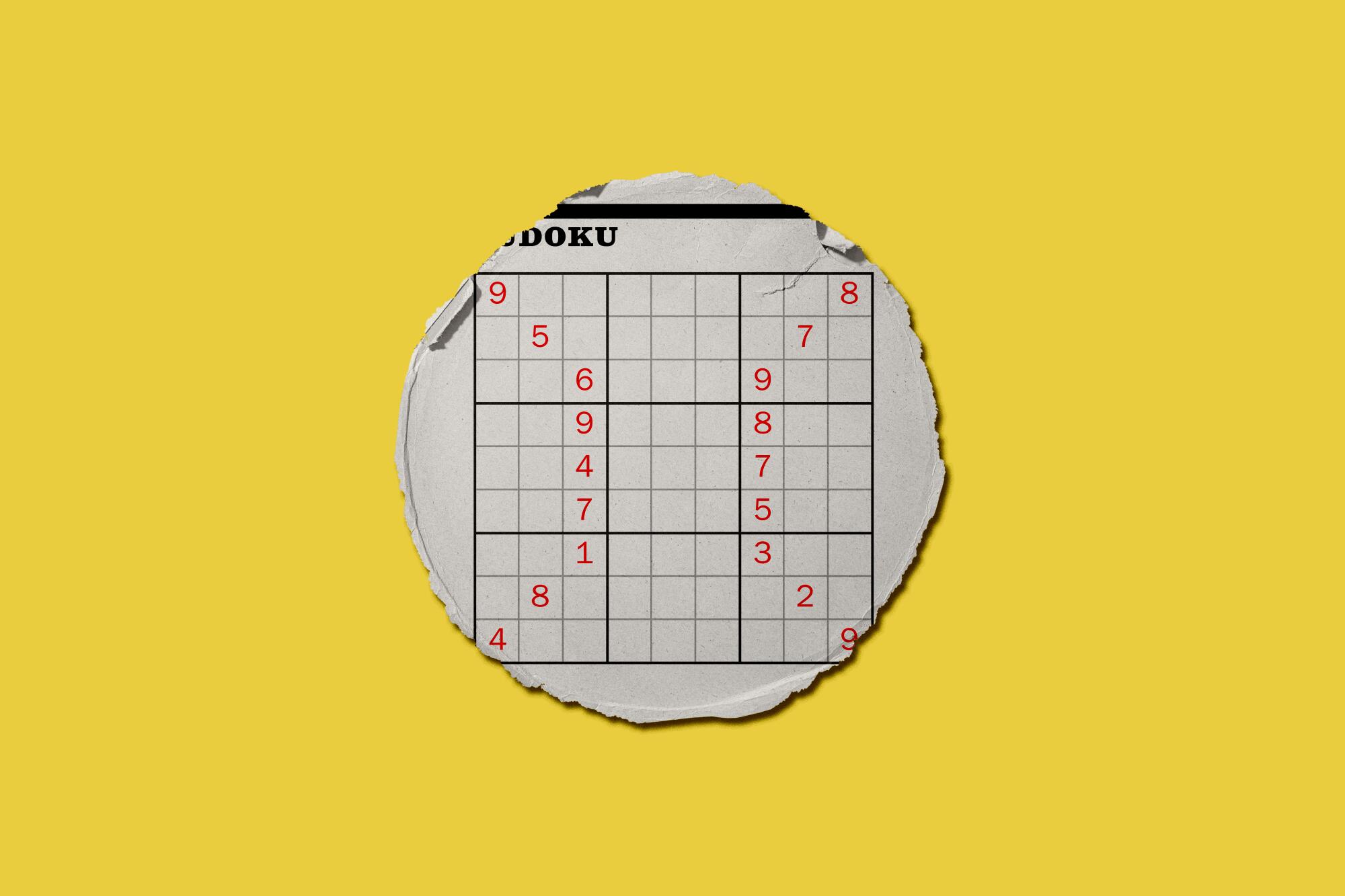
- Share via
If you walked around the Angels spring-training clubhouse this year, it looked much like any other during that time of year: Players getting ready for their daily workouts, some on their phones at their lockers talking to family or scrolling through social media; various coaching and public relations staff confirming schedules; perhaps there’s music playing.
Suddenly, you realized several players had their heads down, writing on pieces of paper on top of a clipboard.
A survey? Notes?
How about Sudoku and crossword puzzles?
In MLB clubhouses, the Angels’ included, having crosswords available for players is a tradition that dates back … a while. Having Sudoku in the Angels clubhouse, though, is something they’ve had regularly starting about four years ago. Before it became a regular presence in their home clubhouse, Angels players would do them in visiting clubhouses and eventually, the team’s clubhouse managers began offering them at Angel Stadium. As new players joined the team in subsequent seasons, the need for these puzzles was reinforced.
Clubhouse managers typically set out printed sheets of the daily crossword and Sudoku — a popular numbers-based grid puzzle — on a table or in hanging bins, with clipboards and pens or pencils, which the players pick up as they arrive. And in a sport and league that essentially runs about nine months, baseball players like doing these puzzles as a way to start their day.
In his first spring training as the Angels’ full-time manager, Phil Nevin is hoping to instill a winning attitude with the players.
“It’s just kind of a focus thing,” said relief pitcher Ryan Tepera, one of the Angels’ Sudoku aficionados.
He’s not the only one.
Fellow reliever Aaron Loup also delves into the puzzles offered, though it’s less of a routine for him.
“It’s more or less you get bored sitting in the clubhouse and you try to find something to do,” Loup said. “Something to do in the morning when you’re just sitting here bored instead of scrolling on your phone.”
Regardless of the reasons, the influence is apparent. The Angels’ No. 2 prospect, shortstop Zach Neto, said he picked up the pre-work, pregame Sudoku practice this spring. (Neto was a non-roster invite at big league camp, and started this season in double A.)
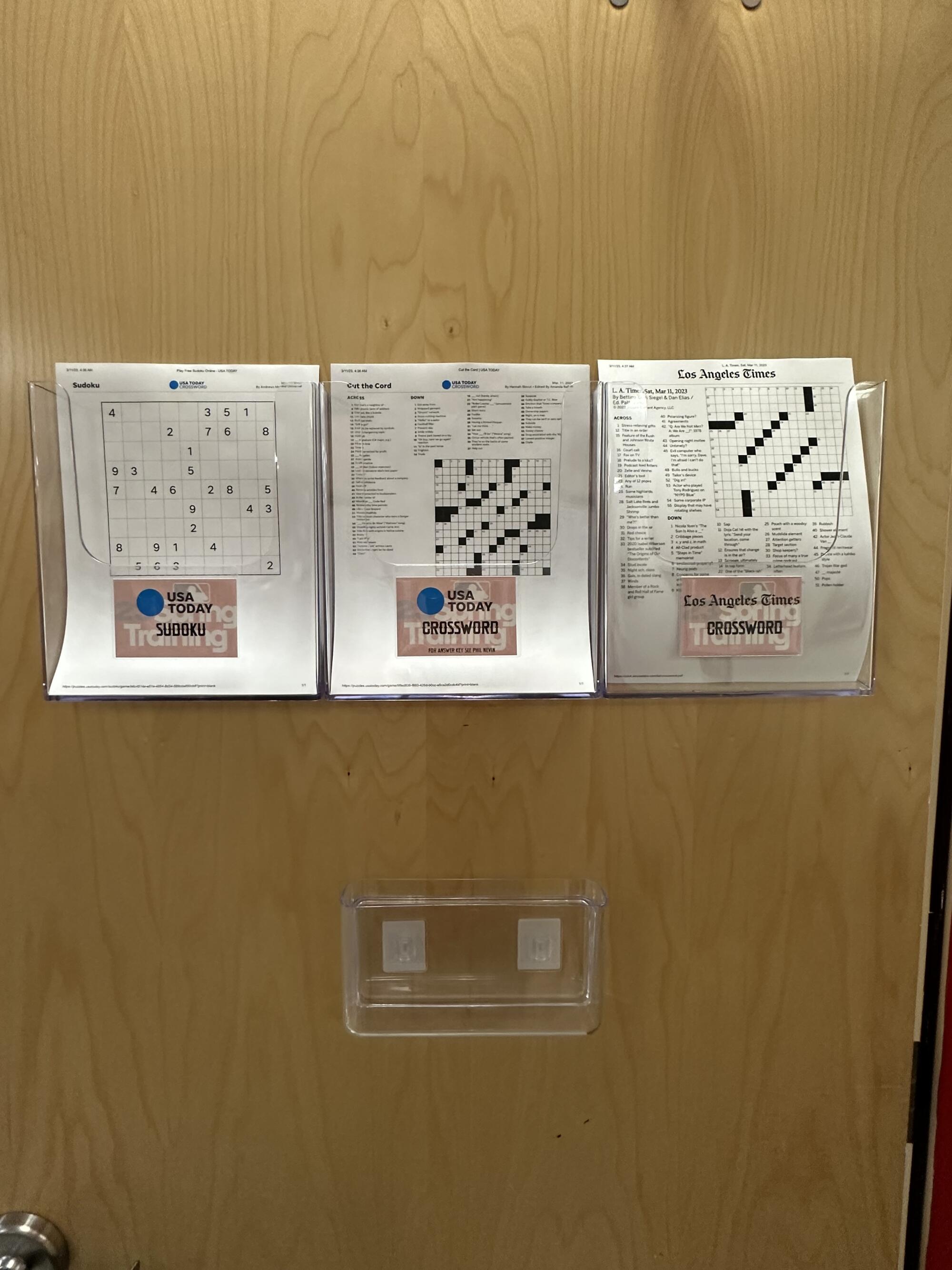
“Seeing my teammates like Loup and Tepera. I always see them do it,” said Neto, whose locker in the spring clubhouse was diagonal from Loup and Tepera. “I got nothing else better to do to get off my phone. Get the brain turned on a little bit before I go out there.
“It’s more grounding,” Neto added of how it helped start his day. “I come in, eat breakfast, go grab a Sudoku paper and sit here for 10, 20 minutes. Then I get on with my day.”
The routine aspect is not surprising, but sometimes the players’ competitive nature seeps in — typically who can finish whichever puzzle first. Those who pick up a puzzle and finish them sometimes will go back to one of the clubhouse managers to report their puzzle is completed.
Veteran catcher Chad Wallach — who started the season in triple A — was usually the person in the spring-training clubhouse who finished the daily crossword first. Wallach explained he started making crosswords part of his regular pregame clubhouse routine last year.
“It’s pretty much only a season thing. I don’t print them out at home,” Wallach said. “Wake up groggy and that kind of gets the brain moving a little bit.”
Sometimes pitcher Reid Detmers would lean over to help Wallach if he noticed something. Manager Phil Nevin picked up a crossword in the morning as well. “Just to clear your mind,” he said.
Mike Trout is also a crossword guy. He thinks the king of the crosswords among the Angels is athletic trainer Mike Frostad.
If you look at the Angels uniforms you might notice something different. Here’s why the team is wearing patches with “FBM” in spring training.
Trout’s pick for Sudoku king among the players: David Fletcher, who said he started doing Sudoku as part of his clubhouse routine in 2019 in visiting clubhouses that provided the puzzles.
Fletcher’s pick? Tepera.
One season, in addition to the daily puzzles different clubhouses provide, Tepera also completed another 300 from a Sudoku book he bought.
“I’ve always been good with numbers,” Tepera said. “It’s just something that occupies the time.”
Everyone’s favorite classic numbers game.
More to Read
Go beyond the scoreboard
Get the latest on L.A.'s teams in the daily Sports Report newsletter.
You may occasionally receive promotional content from the Los Angeles Times.

